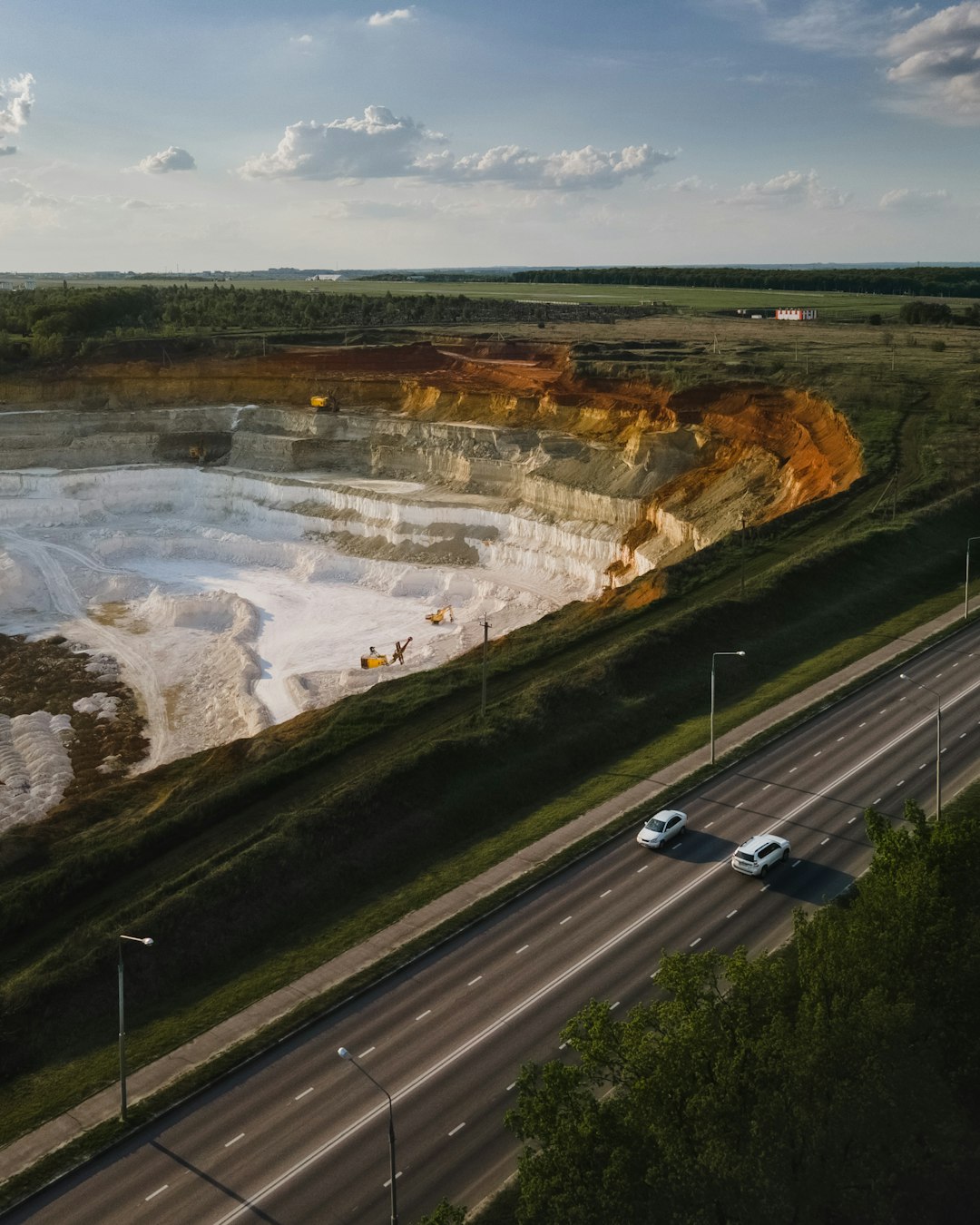The race to exploit the vast mineral wealth of asteroids and other celestial bodies is rapidly accelerating, promising untold riches and technological advancements. However, this new frontier isn’t without its potential for conflict. Space mining’s geopolitical fallout promises to be complex and far-reaching, challenging existing international laws and potentially igniting new tensions between nations and corporations.
One of the primary challenges lies in the absence of a clear and universally accepted legal framework governing the extraction of resources from space. The Outer Space Treaty of 1967 prohibits national appropriation of celestial bodies, but it’s vague on the specifics of commercial exploitation. This legal ambiguity creates fertile ground for disputes, particularly concerning ownership rights, resource allocation, and environmental protection. We could see a scramble for resources, reminiscent of the historical “scramble for Africa,” but on a cosmic scale. Ambitious nations and powerful corporations will likely vie for strategic locations and valuable resources, leading to potential conflicts and accusations of unfair competition.
The economic implications are equally significant. The potential wealth locked away in space could reshape global power dynamics. Nations and companies that successfully develop cost-effective space mining technologies will gain an enormous economic advantage, potentially surpassing traditional resource-rich countries. This shift could lead to a reordering of global economic power, sparking economic rivalry and potentially undermining existing international alliances. The uneven distribution of this newfound wealth could also exacerbate existing global inequalities, potentially causing further geopolitical instability.
Beyond economic and legal considerations, the environmental impact of space mining must be carefully considered. The potential for asteroid mining to disrupt celestial bodies and cause unforeseen environmental consequences remains largely unknown. Establishing robust environmental regulations and international cooperation will be crucial to prevent damage to the space environment and ensure sustainable practices. The lack of such regulations could lead to accusations of environmental imperialism and further complicate international relations.
Moreover, the development of advanced space mining technologies could have implications for national security. The ability to extract resources in space could revolutionize military capabilities, potentially leading to an arms race in space. Advanced materials and propulsion systems obtained through space mining could provide significant military advantages, adding another layer of complexity to the already strained geopolitical landscape. Ensuring transparency and establishing international norms for the peaceful use of space mining technologies will be essential to prevent an escalation of tensions.
In conclusion, space mining presents a double-edged sword. While it holds the potential for unprecedented economic growth and technological progress, it also carries significant geopolitical risks. Addressing the legal uncertainties, promoting international cooperation, establishing robust environmental safeguards, and ensuring responsible resource management are crucial to mitigate potential conflicts and harness the benefits of this emerging field while preventing a new era of cosmic conflict. The future of space mining is intrinsically linked to our ability to navigate these complex geopolitical challenges.









